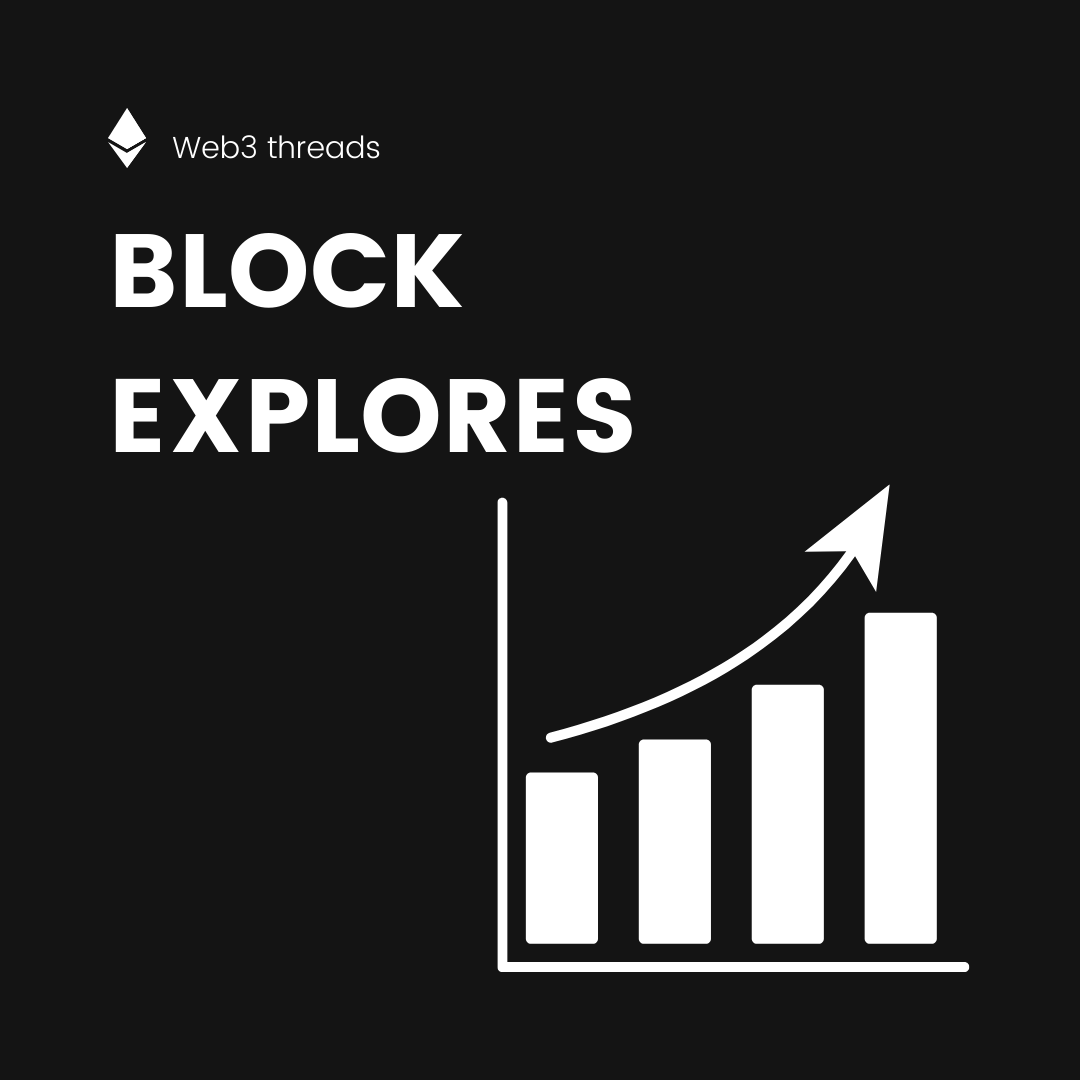
I've dealt with a lot of negative comments in my life.
When I was a coach I had people yelling at me who didn't agree with my choices.
That's why IDGAF on a comment written by an anonymous user who hides behind a keyboard.
But someone does.
So I wrote 6 things FOR YOU.
↓
When I was a coach I had people yelling at me who didn't agree with my choices.
That's why IDGAF on a comment written by an anonymous user who hides behind a keyboard.
But someone does.
So I wrote 6 things FOR YOU.
↓

1- Never take it personally:
Think they:
- had a bad day,
- just broke up.
- lost their job.
- had their car stolen
- had their house burned down
But don't take this as a direct attack on YOU. it's not about what you have done.
Think they:
- had a bad day,
- just broke up.
- lost their job.
- had their car stolen
- had their house burned down
But don't take this as a direct attack on YOU. it's not about what you have done.
2- Responding is usually more harmful than ignoring.
This does not mean that we must passively accept any accusation, but probably answering it will only fuel discussions.
Also, there are people who like to argue all day long.
That's their hobby.
This does not mean that we must passively accept any accusation, but probably answering it will only fuel discussions.
Also, there are people who like to argue all day long.
That's their hobby.
3- People who waste time criticizing others are almost always people who are dissatisfied with their lives, and project their insecurities, anxieties, fears, and worries onto you.
After all, it's cheaper than going to the psychologist.
You are their therapist. FREE therapist.
After all, it's cheaper than going to the psychologist.
You are their therapist. FREE therapist.
4- Everyone gets criticized by someone.
Thank god we are all different and opinions are different.
There is no single truth and we should accept that there are different points of view on things.
Thank god we are all different and opinions are different.
There is no single truth and we should accept that there are different points of view on things.
5- Only people who act are criticized.
Do you prefer to do nothing for fear of being criticized?
If you really believe in what you do, then don't care about what some people think.
Do you prefer to do nothing for fear of being criticized?
If you really believe in what you do, then don't care about what some people think.
6 - Focus on who you want to help.
You wrote an article and someone criticized you for how it is written.
But another one thanked you.
Pay attention to the positive things too and focus on that.
You wrote an article and someone criticized you for how it is written.
But another one thanked you.
Pay attention to the positive things too and focus on that.
For context, I am not writing this thread as an answer to any negative comment to me.
It's just to help someone out there.
Even if it's just one person, this thread is worth every single word.
Good luck.
It's just to help someone out there.
Even if it's just one person, this thread is worth every single word.
Good luck.
• • •
Missing some Tweet in this thread? You can try to
force a refresh









